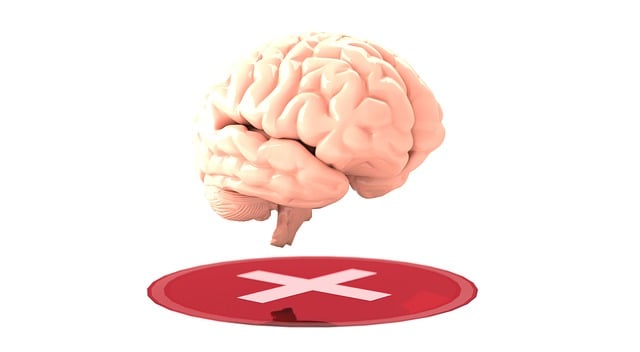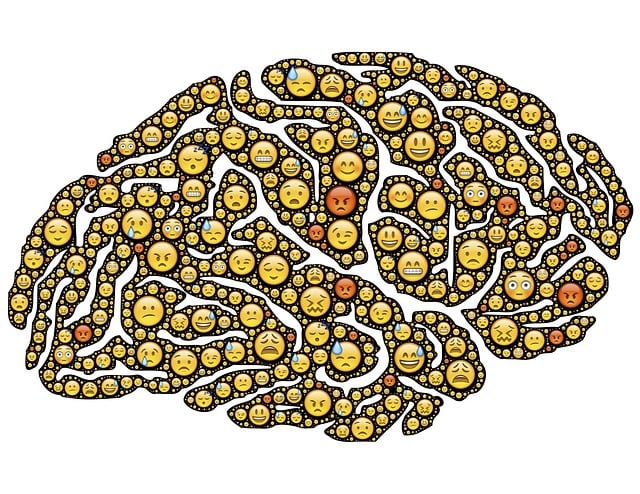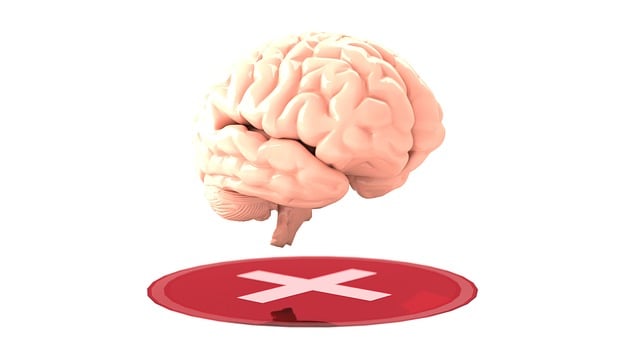Crisis Intervention Teams (CITs) are vital resources for supporting adolescent teens from blended families during mental health crises, offering immediate assistance and tailored strategies for navigating complex family dynamics. By integrating cultural sensitivity and mental wellness coaching into their training, CITs develop inclusive self-care routines, build resilience, and promote positive mental health. Effective CIT training programs should be multifaceted, balancing theoretical knowledge with practical skills, incorporating interactive simulations, case studies, and stress management techniques to address the unique challenges faced by teens in blended families, ensuring proactive crisis prevention and improved emotional well-being.
“Crisis intervention teams (CITs) play a pivotal role in supporting adolescent teens from blended families during crises. This article delves into the essential components of effective CIT training programs, highlighting unique needs specific to teens in blended households. We explore strategies for delivering targeted therapy for adolescent teens in these complex family structures, focusing on aftercare support to foster resilience and long-term well-being. By understanding the vital role of CITs, we can enhance resources available to vulnerable youth.”
- Understanding Crisis Intervention Teams: A Vital Resource for Teens
- The Unique Needs of Adolescent Teens in Blended Families
- Components of Effective Training Programs for Interveners
- Strategies for Support and Aftercare in Therapy for Blended Family Teens
Understanding Crisis Intervention Teams: A Vital Resource for Teens

Crisis Intervention Teams (CITs) play a pivotal role in supporting and guiding adolescent teens through mental health crises, especially those from blended families. These specialized teams offer a vital resource by providing immediate assistance and evidence-based strategies tailored to the unique challenges faced by young individuals navigating complex family dynamics. In today’s fast-paced world, where mental wellness is a growing concern among teens, CITs empower schools, communities, and families to effectively manage crises and foster better outcomes.
The integration of cultural sensitivity in mental healthcare practice is a key aspect of successful CIT training. By recognizing and addressing the diverse cultural backgrounds of adolescents, these programs ensure that self-care routine development becomes inclusive and effective. Mental wellness coaching programs designed for CIT members can further enhance their ability to support teens in building resilience and promoting positive mental health. This holistic approach ensures that crisis intervention not only addresses the immediate situation but also paves the way for long-term mental wellness, particularly for those from blended families who may require additional support in adapting to changing family structures.
The Unique Needs of Adolescent Teens in Blended Families

Adolescent teens in blended families face unique challenges that require specialized approaches. These young individuals often navigate complex dynamics between stepparents, biological parents, and siblings, which can impact their emotional well-being and sense of stability. Many experience a mix of positive aspects, such as expanded family structures offering diverse support systems, alongside potential stressors like adjusting to new living arrangements and familial relationships.
Therapy for adolescent teens in blended families should focus on fostering positive thinking and encouraging open communication. Trauma support services can play a crucial role in helping these teens process any past traumas or transitions they may have experienced. Additionally, teaching stress reduction methods tailored to their needs can equip them with valuable tools to manage the unique stressors associated with growing up in a blended family structure.
Components of Effective Training Programs for Interveners

Effective crisis intervention team training programs are multifaceted, catering to diverse aspects of an intervenor’s role. These programs should encompass a structured curriculum that balances theoretical knowledge with practical skills. For instance, training should delve into evidence-based practices for managing adolescent mental health crises within the context of blended families, a demographic often facing unique challenges. Facilitators can enhance learning by incorporating interactive simulations and case studies, allowing interveners to apply their knowledge in realistic scenarios.
Moreover, addressing burnouts and promoting self-care practices are integral components of comprehensive training. Mental wellness coaching programs can equip interveners with tools for managing stress, maintaining boundaries, and cultivating resilience. By integrating these elements, training becomes empowering, enabling interveners to effectively support adolescent teens while prioritizing their own mental wellness.
Strategies for Support and Aftercare in Therapy for Blended Family Teens

Crisis intervention team training programs often overlook a critical aspect of support: the unique needs of teens in blended families. These adolescents face distinct challenges, such as adjusting to new family dynamics and step-parents, which can impact their mental health. Therefore, therapists working with this demographic must employ specialized strategies for aftercare. One effective approach is incorporating self-care routine development into therapy sessions, fostering resilience and burnout prevention among blended family teens. By teaching them coping mechanisms and promoting open communication, therapists empower these young individuals to navigate life transitions more effectively.
In addition to self-care, creating a safe and non-judgmental space is essential for building trust and encouraging teens to share their experiences. Therapists can facilitate this by utilizing techniques that foster mental health awareness and promote healthy relationships within the family unit. Tailoring these strategies to the individual needs of blended family teens ensures they receive the specialized support required to thrive, addressing potential crises proactively rather than reactively.
Crisis intervention team training programs are essential in equipping individuals to support adolescent teens from blended families who face unique challenges. By understanding the specific needs of these youth and implementing effective training components, we can enhance the availability and quality of therapy for adolescent teens in blended families. Aftercare strategies play a crucial role in ensuring long-term success, fostering resilience, and promoting healthy development among this vulnerable population. Through comprehensive training and ongoing support, crisis intervention teams become powerful resources, offering hope and healing to those navigating the complexities of blended family dynamics.












